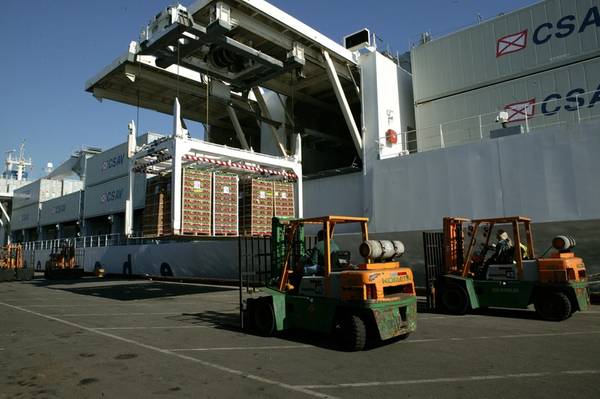U.S. Trade Representative Robert Lighthizer said on Wednesday there was no deadline for completing NAFTA trade talks between the United States, Canada and Mexico even as lawmakers warned that U.S. business would be hurt by prolonged negotiations.
"There is no deadline. My hope is that we can get it done by the end of the year, but there are a lot of people who think that is completely unrealistic," Lighthizer told a Senate Finance Committee hearing to discuss the USTR's budget. He said reaching a NAFTA deal by year-end was a "very, very quick timeframe (and) we're not going to have a bad agreement to save time."
Under U.S. law, Lighthizer, a veteran trade lawyer, will be the principal U.S. negotiator on NAFTA, although U.S. Commerce Secretary Wilbur Ross will have a major role.
The renegotiation of the 23-year-old NAFTA was a key campaign promise of U.S. President Donald Trump, who pledged to shrink trade deficits with other countries.
While the talks are expected to begin in mid-August, Lighthizer said discussions were underway with Canada and Mexico to firm up a start date.
"We are in the process right now talking to our negotiating partners about when the first day of the meeting will be," he added.
A number of senators urged Lighthizer to avoid lengthy negotiations, which they warned would hurt sales by American businesses and farmers.
Lighthizer was also pressed on the Trump administration's investigation into whether foreign steel and aluminum imports threaten U.S. national security. Findings of the investigations are expected by the end of June.
Democratic Senator for Missouri Claire McCaskill expressed concern that possible sweeping tariffs or quotas on steel and aluminum would impact American manufacturers.
"I've got businesses in Missouri who use raw materials which aren't made in the United States and they are very worried about the impact a decision in this area will have on their costs of producing goods, but they are also worried about any other national security blockades," she said.
Lighthizer said while steps were needed to crack down on foreign steel and aluminum flooding the American market, it was likely that an "exclusion process" would be introduced whereby U.S. businesses could apply to import products not made in the United States.
"Situations where there are legitimate cases of a manufacturer who needs a steel product or aluminum product not made in the United States should go in and I think they will be accommodated. In most of those cases, it will be accommodated with an exclusion," he added.
(Reporting by Lesley Wroughton; Editing by Chizu Nomiyama)




